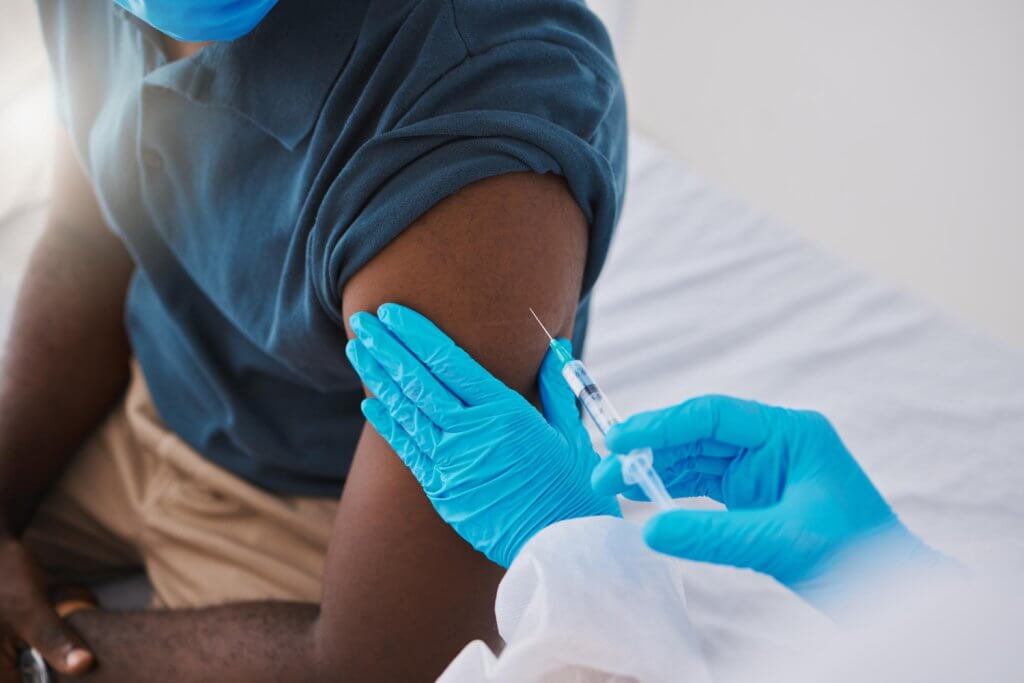If you’ve ever had a blood test, you’ve already experienced the vital role of phlebotomy in healthcare. At first glance, drawing blood may seem like a simple task. In reality, it’s one of the cornerstones of modern medicine. Without it, doctors would struggle to diagnose diseases, monitor treatments, or even conduct routine health check-ups. But why exactly is phlebotomy so important in healthcare? Let’s break it down.

1. The Foundation of Accurate Diagnosis
Blood is often referred to as the “window” to your health. From checking blood sugar levels and cholesterol to screening for infections or anaemia, lab results begin with a skilled phlebotomist collecting a proper sample. Accuracy at this stage directly impacts the quality of diagnosis—and ultimately, the patient’s treatment plan.
2. Ensuring Patient Safety
Phlebotomy isn’t just about sticking a needle into a vein. A trained phlebotomist follows strict hygiene and safety protocols to reduce the risk of infections or cross-contamination. Proper labelling and handling of samples also prevent dangerous mix-ups that could affect patient care.
3. Supporting the Entire Healthcare Team
Doctors, nurses, and lab technicians all rely on blood samples to make decisions. Without phlebotomists, the workflow of hospitals and clinics would slow down significantly. They are the silent supporter ensuring that medical teams have the data they need, when they need it.
4. A Critical Role in Preventive Care
Routine blood work helps detect health issues early, often before symptoms even appear. That means phlebotomy plays a key role in preventive healthcare, giving patients a better chance at successful treatment and healthier lives.
5. Building Patient Trust
For many people, having blood drawn can be a stressful experience. Skilled phlebotomists not only perform the technical task but also help calm nervous patients, explain procedures, and make the experience less intimidating. This builds trust and improves the overall patient experience.
6. A Growing Career Opportunity in Nigeria
Beyond patient care, phlebotomy is also an attractive entry point into the healthcare field. With the rising demand for diagnostic testing both in Nigeria and globally, trained phlebotomists enjoy strong job security, flexible work environments, and opportunities for career growth in labs, hospitals, and research centres.
Here at CLI College Nigeria, we offer a dedicated Phlebotomy Training Program. Our program equips you with the practical skills and professional confidence to thrive in hospitals, diagnostic labs, and community health centres. If you’re just starting out in healthcare or looking to expand your qualifications, we provide hands-on, job-ready training that prepares you for real-world success.
Conclusion
Phlebotomy may seem like a small part of healthcare, but it’s truly indispensable. From enabling early diagnoses to ensuring patient safety, phlebotomists keep the wheels of modern medicine turning.
So, next time you roll up your sleeve for a blood test, remember: that quick moment plays a huge role in safeguarding your health. And if you’re considering a healthcare career, learning phlebotomy could be your first big step.
Have you ever had a memorable experience (good or bad) with a blood test? Share your story in the comments below—we’d love to hear from you!
Ready to become part of the next generation of healthcare professionals? Enrol today in our Phlebotomy Training Program at CLI College Nigeria and start building a career that makes a real impact.

